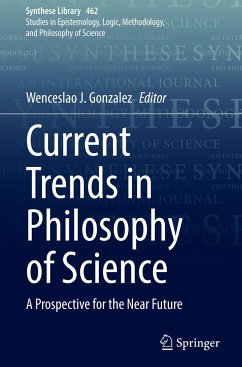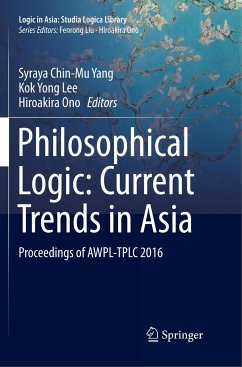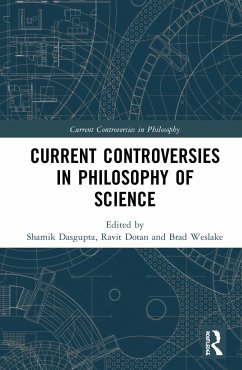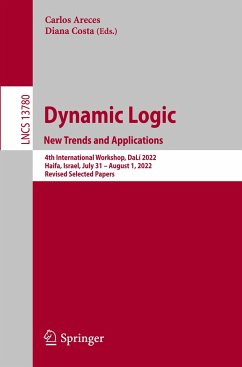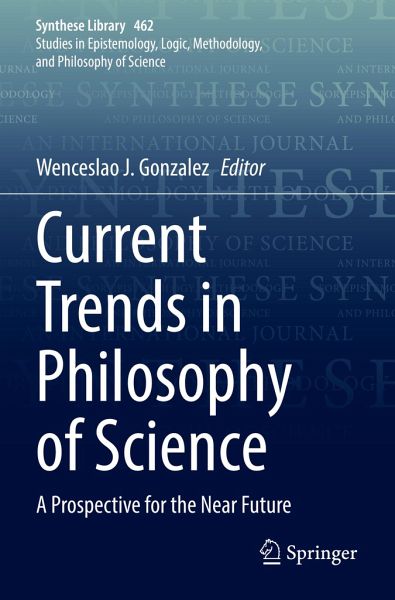
Current Trends in Philosophy of Science
A Prospective for the Near Future
Herausgegeben: Gonzalez, Wenceslao J.
Versandkostenfrei!
Versandfertig in 6-10 Tagen
68,99 €
inkl. MwSt.

PAYBACK Punkte
34 °P sammeln!
This book seeks to provide new perspectives, to broaden the field of philosophy of science, or to renew themes that have had a great impact on the profession. Thus, after an initial chapter to situate the current trends in philosophy of science and the prospective of the near future, it offers contributions in five thematic blocks: I) Philosophy of Medicine and Climate Change; II) Philosophy of Artificial Intelligence and the Internet; III) New Analyses of Probability and the Use of Mathematics in Practice; IV) Scientific Progress Revisited; and V) Scientific Realism and the Instrumentalist Al...
This book seeks to provide new perspectives, to broaden the field of philosophy of science, or to renew themes that have had a great impact on the profession. Thus, after an initial chapter to situate the current trends in philosophy of science and the prospective of the near future, it offers contributions in five thematic blocks: I) Philosophy of Medicine and Climate Change; II) Philosophy of Artificial Intelligence and the Internet; III) New Analyses of Probability and the Use of Mathematics in Practice; IV) Scientific Progress Revisited; and V) Scientific Realism and the Instrumentalist Alternative.
Within this framework, the volume addresses such relevant issues as the methodological validity of medical evidence or decision making in situations of uncertainty; recent advances in Artificial Intelligence and the future of the Internet; current forms of empirically based methodological pluralism and new ways of understanding mathematics with scientific practice; and the revision of the approaches to scientific progress based on the experiences accumulated in recent decades.
Within this framework, the volume addresses such relevant issues as the methodological validity of medical evidence or decision making in situations of uncertainty; recent advances in Artificial Intelligence and the future of the Internet; current forms of empirically based methodological pluralism and new ways of understanding mathematics with scientific practice; and the revision of the approaches to scientific progress based on the experiences accumulated in recent decades.





